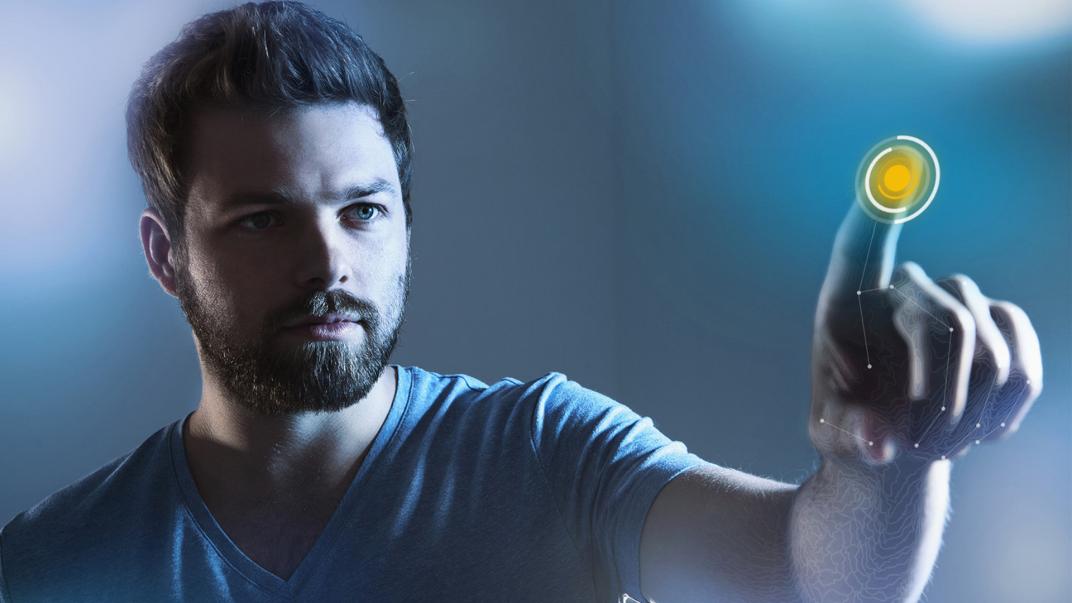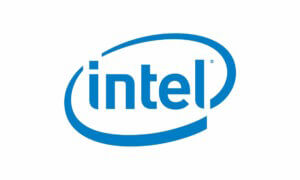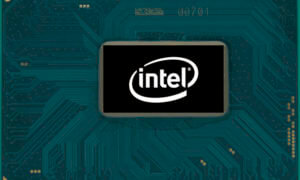Fall is the time for launches, developments, upgrades and… acquisitions. Intel has just bought Movidius, a startup very well known on the computer vision market, and that was the eyes behind Google’s Project Tango and DJI’s Phantom 4. But what does Intel plan to do with it? #machinemagic
Movidius’ super low-power chipset, the Myriad 2 VPU, helped DJI enable their latest drone with sense-and-avoid technology, passing by obstacles easily and hover without GPS signal. Now, it’s going to help Intel get their RealSense sensor technology in low-powered mobile devices. The future, in their opinion, will be to make machines not just see, but think:
“We’re on the cusp of big breakthroughs in artificial intelligence,” wrote Remi El-Ouazzane, Movidius CEO. “In the years ahead, we’ll see new types of autonomous machines with more advanced capabilities as we make progress on one of the most difficult challenges of AI: getting our devices not just to see, but also to think.”
Their 180 employees working in Silicon Valley, Ireland and Romania will be a part of this collective effort, while bringing Intel’s dreams to life. Intel announced that they’ve developed a VR headset, Project Alloy, that relies a lot on the RealSense technology. The wireless, all-in-one headset needs the tracking tech to capture people when they walk into the frame of the user’s virtual world.
The VR emerging market is just one of the areas where Movidius will helps since there, ” heat, battery life and form factors are key”.
Follow TechTheLead on Google News to get the news first.







